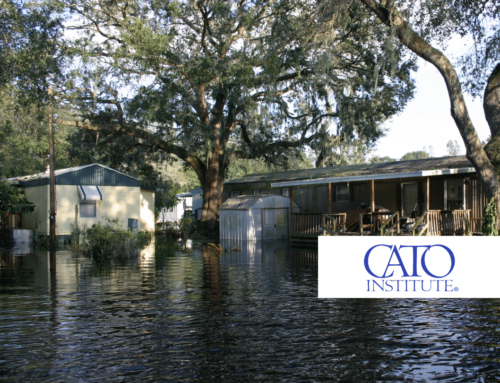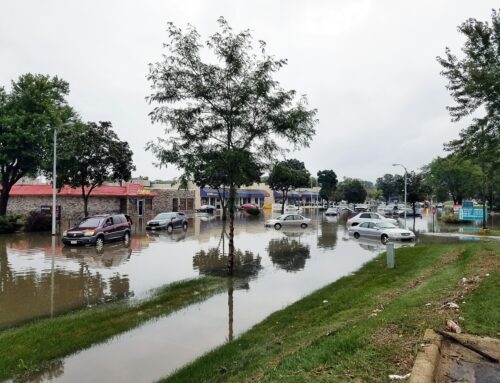|
Taxpayers for Common Sense urges you to oppose H.R. 3080, the Water Resources Reform and Development Act of 2013. The bill does not contain enough reform measures to deal with the wasteful project authorization process that green lights projects delivering too little national economic benefit and costing too much. In addition, the legislation contains several provisions that would sacrifice the pursuit of water projects benefitting national interest in order to advance more parochial, narrow, and potentially lower priority projects. In several instances the legislation allows non-federal interests to construct projects – even those not yet authorized by Congress – and bill the taxpayers for their work. Instead of targeting and prioritizing federal investments in this time of tight federal budgets and burgeoning debt, these provisions would lead to the opposite. Furthermore, the bill contains provisions that would shift greater costs on to the federal taxpayer to complete the massively over-budget Olmsted Lock and Dam project, dubbed the “Kentucky Kickback” after its inclusion in the FY14 continuing resolution. Lastly, the bill mandates increased pay outs from the Harbor Maintenance Trust Fund, which could cannibalize funding for other Corps priorities in the interest of dredging low-use harbors. While TCS opposes the bill, there is an amendment we support that could improve the bill. TCS urges you to support: Bentivolio #51 – Increases the backlog reduction target to $35 billion (the current backlog is estimated to be $60-80 billion) and enables unfunded projects authorized in WRDA 2007 to be considered for deauthorization. The deauthorization target of $12 billion in H.R. 3080 is too low, resulting in a net backlog reduction of only a few billion dollars. Under this amendment (as is in the bill) no project that had received even a dime of construction funding – even for a separable element – would be considered for deauthorization. Furthermore, projects authorized by H.R. 3080 will be deauthorized if they don’t receive construction funding over the next seven years. Projects authorized by WRDA 2007 will be seven years old by the time of H.R. 3080’s enactment. These projects must be held to the same standard. Sadly, there are also several amendments that would make the bill worse and could cost taxpayers dearly. TCS urges you to oppose: Manager’s Amendment #72 – While generally routine, this manager’s amendment contains new provisions that could increase taxpayer costs in the long run and undermine federal water policy and priorities. The amendment automatically authorizes preliminary engineering and design for any project with a completed feasibility study that is recommended by the Secretary. The amendment also includes a provision that could allow non-federal interests to begin construction of projects before the project is authorized by Congress. In fact, it just needs to have a feasibility report (and not even necessarily a favorable one) and the non-federal interest could, in effect, bill Congress for the work completed. There are some limiting provisions requiring future appropriations and limiting reimbursements, but after local interests expend funds, there will be significant pressure on Congress to reimburse. Richmond/Scalise #18 – Expands the criteria for calculating the benefits of flood damage reduction and hurricane and storm damage reduction projects to include such items as anticipated direct and indirect national and regional economic benefits resulting from avoided regional volatility or losses. This represents a massive expansion of what is considered in the economic analysis. Federal tax dollars are being spent on Corps projects, there has to be national – not just regional – benefits to justify their expenditure. Hastings #15 – Includes Operation and Maintenance of sand transfer plants in the Corps O&M budget. Beach renourishment is seldom a federal interest. When the overwhelming majority of the benefits accrue locally the costs too should be the responsibility of the state and local beneficiaries. Although H.R. 3080 contains reform in the title, it fails to deliver on the promise. For that reason we urge you to oppose the bill. For more information contact Steve Ellis, steve[at]taxpayer.net 202-546-8500 x126 or Joshua Sewell, josh[at]taxpayer.net, 202-546-8500 x116.
Sincerely, Taxpayers for Common Sense |












Get Social